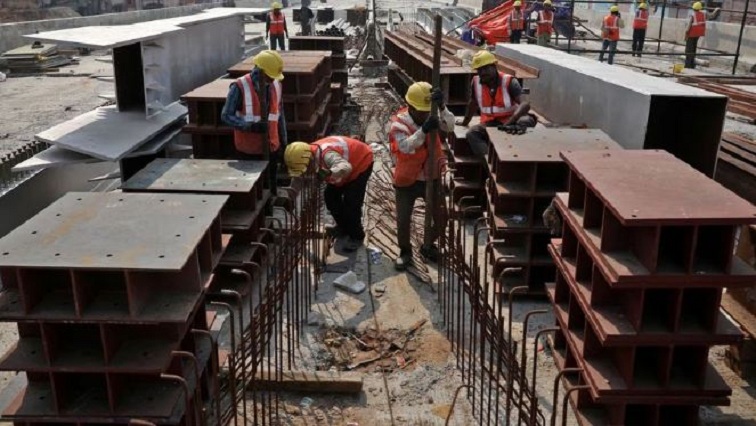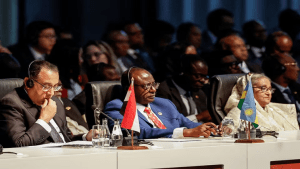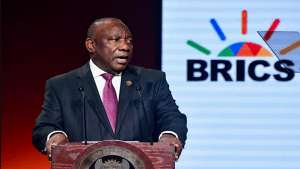Speakers at the BRICS Infrastructure Investment Symposium have highlighted various challenges that undermine investment, including regulatory uncertainty and foreign investment risks.
They’ve emphasised that the delivery of infrastructure should be a shared effort between the public and private sector.
Delegates at the virtual event heard that the infrastructure deficit across BRICS countries is significant, while investment levels remain inadequate for future development.
Panellists at the Infrastructure Symposium say there is greater potential in leveraging local pension funds to accelerate the rate and pace of infrastructure investment.
Mamiko Yokoi-Arai of the Organisation for Economic Cooperation and Development says pension funds are increasingly allocating assets to unlisted infrastructure investments however they remain biased towards investing locally and regionally.
“I think at the end of the day, the pension funds are much more home biased to their local market so when they make their investment decision, they will have a clear preference of making investment into a local or regional market where they have a better understanding. Accumulating knowledge and know how about the market conditions in a foreign market is much most more cost prohibitive to any pension fund and this also depends on the size of the pension fund.”
CEO at the Association for Saving and Investment South Africa, Busisa Jiya, says the answer to improved infrastructure investment is patient capital.
He says there is a general tendency to look to listed companies to source infrastructure opportunities however private markets present significant opportunities.
“There is patient capital however we have to bring to market these investment opportunities. By that I mean offer retail investors, institutional investors, retirement funds, members of ASISA in terms of asset managers and life insurers to invest across what I describe as needs. For our definition infrastructure is across water and sanitation, terms on transport and logistics.”
Thabiso Moshika of the Public Investment Fund says there is an increased drive to investment in sustainable and green infrastructure.
“Since the government initiated the renewable IPP programme, the country managed to procure about 7 000 MW of power that came from about 97 IPPs and we as the PIC have managed to take about 15% of that slice and in terms of the total project cost that the government has managed to raise was about R229 billion of infrastructure costs of transactions that have closed and about R57,1 billion was mobilised by the Public Investment Corporation.”
According to the Global Infrastructure Hub, the need for infrastructure investment is forecast to reach 94-trillion-dollars by 2040.






